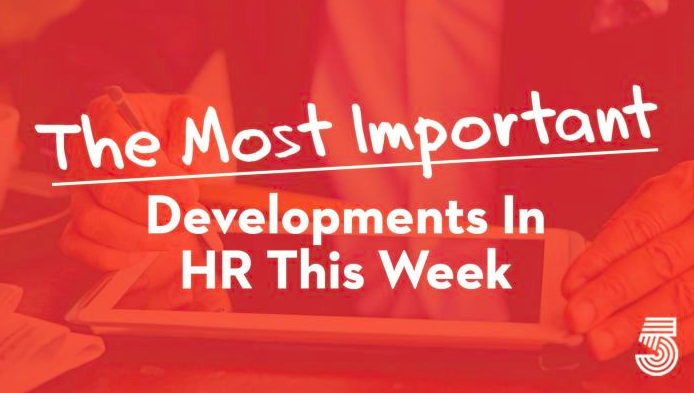The MID, as we call it, is curated by our editorial team from more than 50 news sources. Like a lot of good ideas, this started as something I wanted for myself. If I can’t read everything, I at least want to stay abreast of the most important developments.
This week in HR, more companies rethought reopening, one of the world’s largest call centers installed surveillance in employees’ homes, the job market got tighter, Ford shared ideas for improving culture, and inflation complicated the hiring wars.

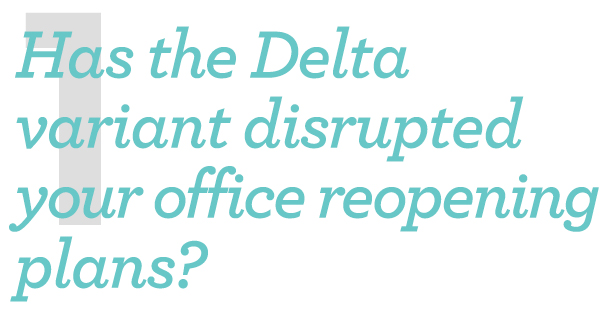
Just as companies are preparing to bring remote employees back to their offices or institute a “hybrid” arrangement (a mix of remote and in-the-office work), a once-again spiking infection rate due to the Delta variant is driving many of them to put their announced re-openings on hold. This latest twist in the COVID-19 pandemic is one more on a long list — and it may well not be the last. In light of this reality, here are six principles that executives can apply in their reopening decision-making and communications: Continue to prioritize employees’ well-being, be adaptive, massively step up your communications, rethink your biases about work, learn from “Zoom natives,” and don’t rush to declare the future. SHRM

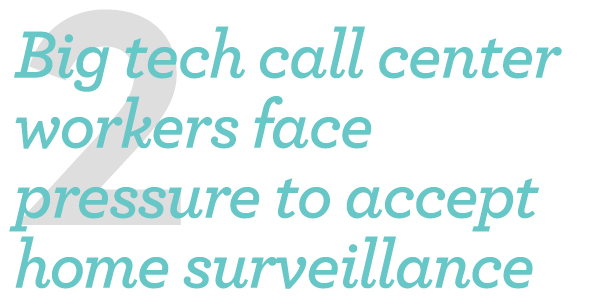
Colombia-based call center workers who provide outsourced customer service to some of the nation’s largest companies are being pressured to sign a contract that lets their employer install cameras in their homes to monitor work performance, an NBC News investigation has found. Six workers for Teleperformance, one of the world’s largest call center companies, which counts Apple, Amazon, and Uber among its clients, said that they are concerned about the new contract, first issued in March. The contract allows monitoring by AI-powered cameras in workers’ homes, voice analytics and storage of data collected from the worker’s family members, including minors. The concerns of the workers, who all spoke on the condition of anonymity because they were not authorized to speak to the media, highlight a pandemic-related trend that has alarmed privacy and labor experts: As many workers have shifted to performing their duties at home, some companies are pushing for increasing levels of digital monitoring of their staff in an effort to recreate the oversight of the office at home. NBC News
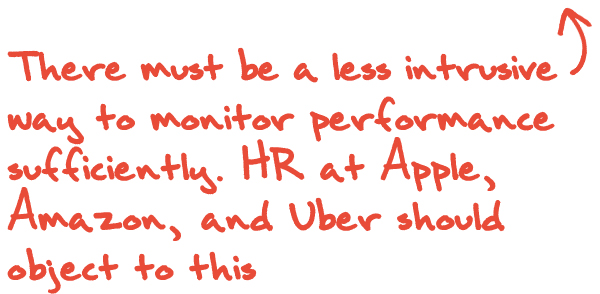
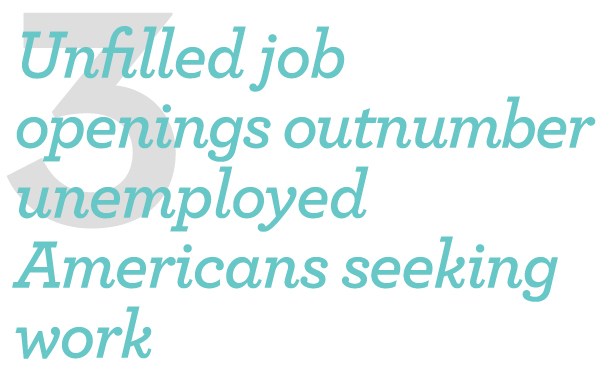
Available jobs in the U.S. rose to another record high at the end of June, pushing openings above the number of unemployed Americans seeking work, a sign of an unusually tight labor market. Unfilled job openings rose by 590,000 to a seasonally adjusted 10.1 million in June, the highest level since record-keeping began in 2000, the Labor Department said Monday. The increase was driven by industries such as professional and business services, retail, and the accommodation and food services, as pandemic restrictions continued to ease that month and consumers were more willing to dine out and travel. Private measures of job postings through July showed openings remained elevated, though they began to plateau as hiring improved. The continued high number of openings indicates that the variant, so far, isn’t affecting hiring plans. WSJ

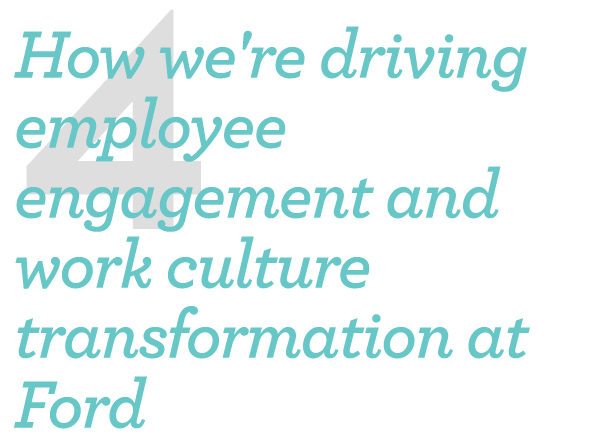
Ford CHRO Kiersten Robinson talked to Manage HR about the culture transformation at Ford. “Through Culture Hackathons, teams in every region have invited employees to share what they love about working at Ford but also what they want to hack. We’ve also formed our Culture Cabinet and Street Team to ensure we’re continually inviting employees to play active roles in shaping our culture. The Culture Cabinet: Employees from 14 countries and all levels of seniority provide real-time feedback on how to create new experiences that support our transformation goals. Street Team: The arms and legs of this culture movement. 7,000+ employees act as change agents within their organizations. They share material about our new values and behaviors, pilot new experiences we’re considering and provide sentiment from their regions in terms of how we’re doing.” Manage HR Magazine

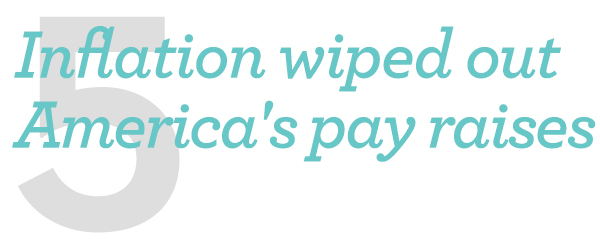
Companies big and small are raising wages to attract workers and hold on to employees as the economy revs back into gear. But those fatter paychecks aren’t going as far, thanks to rising inflation. In fact, compensation is now lower than it was in December 2019, when adjusted for inflation, according to an analysis by Jason Furman, an economics professor at Harvard University. The Employment Cost Index — which measures wages and salaries, along with health, retirement, and other benefits — fell in the last quarter and is 2% below its pre-pandemic trend, when taking inflation into account. Inflation-adjusted compensation is down in most industries, but there is one notable exception: Leisure and hospitality. That industry’s employers are scrambling to find workers, resulting in a 1.6% bump in pay and benefits since December 2019, according to Furman’s analysis. CNN Business







